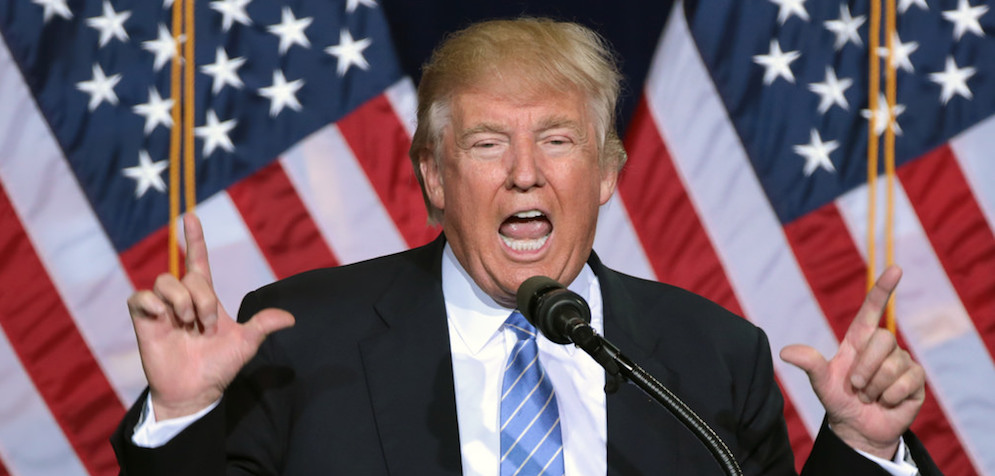Over the weekend, I suggested that the text of the now infamous and widely criticized Executive Order on refugees was, as written, “neither insane nor obviously unChristian.”
Login to read more
Sign in or create a free account to access Subscriber-only content.
Topics:
